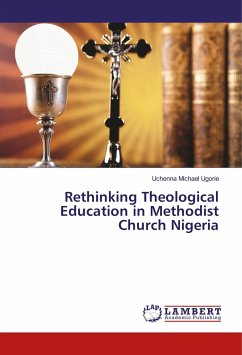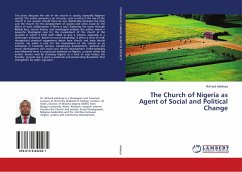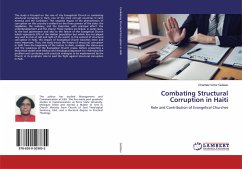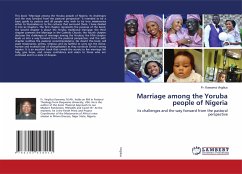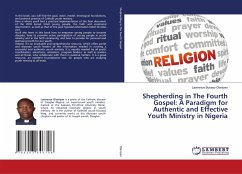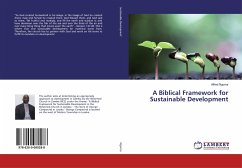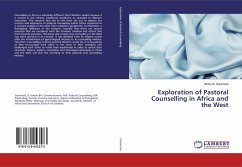The central theme and focus of this study is to uncover and analyse how NGOs in Jos, a northern Nigerian society, perceive and describe their experience with corruption and to determine what this analysis may reveal as implications for faith-based development NGOs in that society. The study investigated and compared three NGOs in the development sector, which included two indigenous (Local) NGOs and a foreign (International) NGO. The dimensions, which the study explored, are: NGO adaptations to corruption within the context of development activities; sources and conditions for corruption; their attitudinal similarities and differences; and their resource control strategies. The study concludes that corruption and attitudes towards it are culturally and socially constructed and this happens also at institutional levels, shaping the behaviour of the same actors in different ways. Though certain theologies can further corruption, religious bodies such as Christian NGOs and churches,which can have deep loyalties, can still have hope of being agents of change in society since local accountability can be institutional.
Bitte wählen Sie Ihr Anliegen aus.
Rechnungen
Retourenschein anfordern
Bestellstatus
Storno


